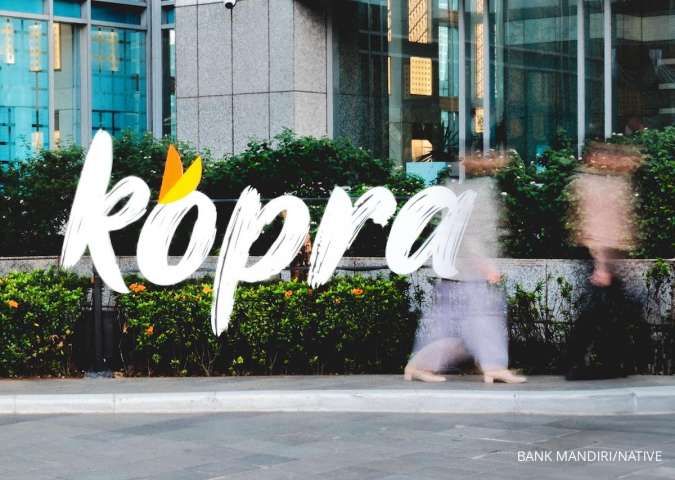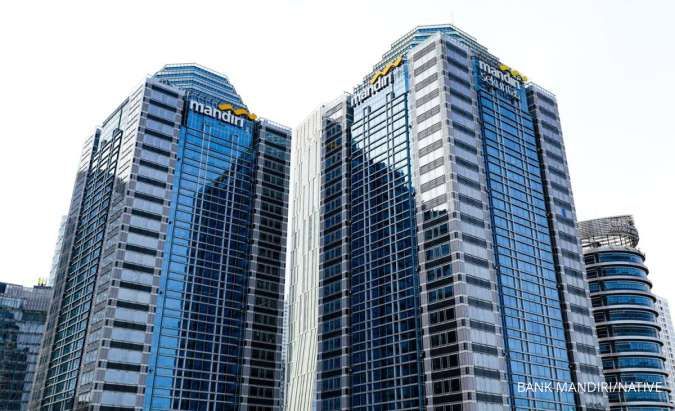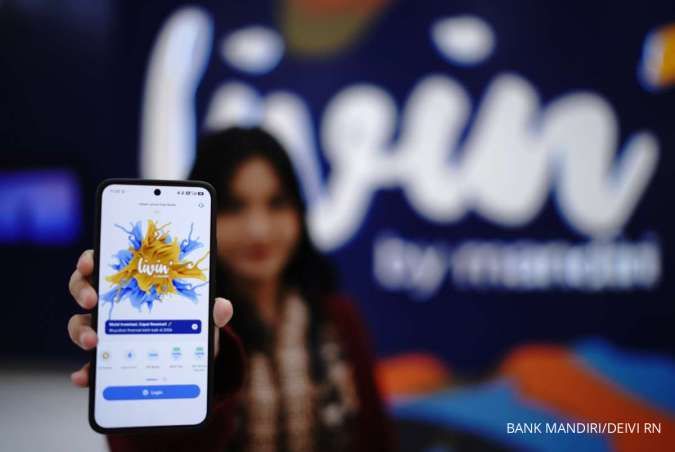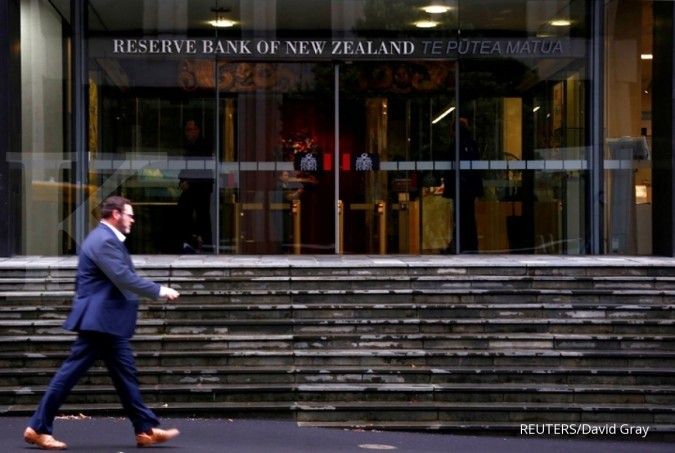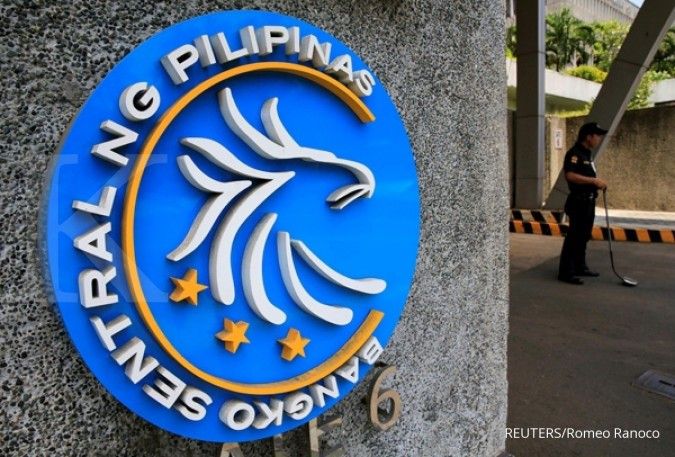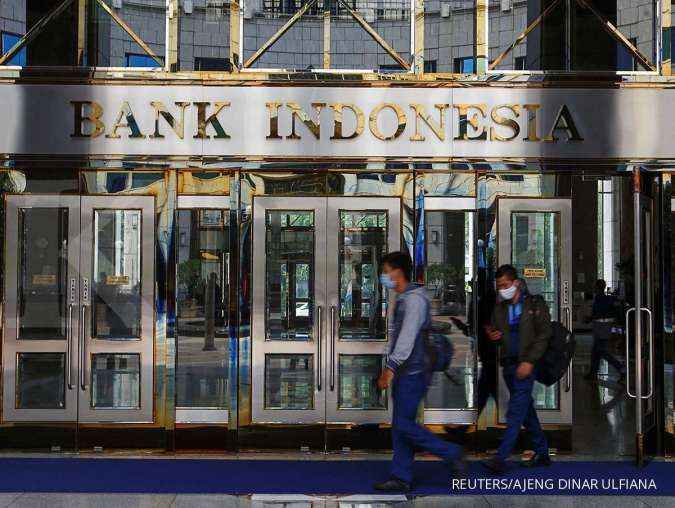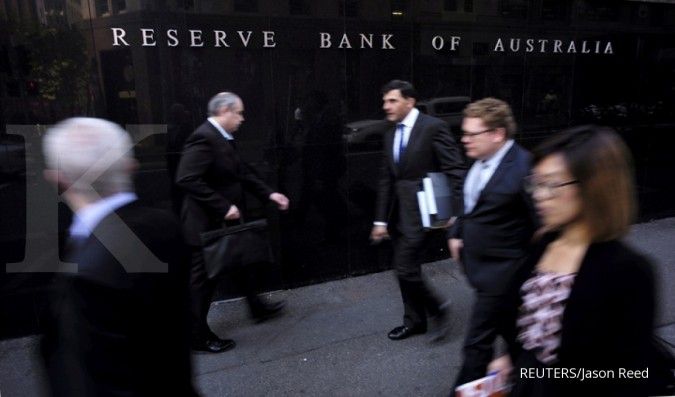KONTAN.CO.ID - MOSCOW. Russia's central bank held its key interest rate at 16% on Friday, warning that inflationary pressure remained high and that tight monetary conditions would be maintained for a long time to try to return inflation to the bank's 4% target. The bank's tightening cycle may be over, but it has not yet found room to ease borrowing costs, hampered by strong consumer demand and the inflationary impact of widespread labour shortages. "Domestic demand is still outstripping capabilities to expand the production of goods and services," the bank said in a statement.
Baca Juga: The Indonesia Government to Soon Extend Vale Indonesia (INCO) Contract for 20 Years "Labour market tightness has increased again. For the moment, it is premature to judge the pace of future disinflationary trends." The tone of the press release is "tight", said Yevgeny Kogan, a professor at Russia's Higher School of Economics, interpreting the statement as a sign that rates will also be kept unchanged at the bank's next meeting on April 26. Governor Elvira Nabiullina said a rate cut was more possible in the second half of the year. She said there had been broad consensus for the rate hold, with discussions focusing on the possible rate trajectory and the signal the bank should give. Inflation, the bank's main area of concern, stood at 7.4% in 2023, compared with 11.9% in 2022. Economists expect it to remain well above the central bank's 4% target this year. The central bank had raised rates by 850 basis points in the second half of 2023, including an unscheduled emergency hike in August as the rouble tumbled past 100 to the dollar and the Kremlin called for tighter monetary policy.
Baca Juga: Alibaba-Backed Fintech Akulaku Secures HSBC Financing, Aims for Double-Digit Growth But it has lately signalled a more dovish approach. Friday's decision was in line with a Reuters poll of analysts, most of whom expect the bank to start easing monetary policy in June. "The central bank is clearly hoping that underlying price pressures continue to soften in the coming months, which we think could open up the door for easing in Q3," said Liam Peach, Senior Emerging Markets Economist, Capital Economics. Years of high inflation have eroded Russians' living standards, and keeping a lid on price rises is a major economic challenge for President Vladimir Putin as he embarks on a new six-year term in office following last week's election. Russia's economy rebounded sharply last year from a slump in 2022, but the growth relies heavily on state-funded arms and ammunition production and masks other problems.
"The personnel shortage remains a serious limitation for further production growth," Nabiullina said.
Baca Juga: IDX Composite (IHSG) Rises 0.16% to 7,350 on Friday (22/3) The central bank forecasts GDP growth of 1.0-2.0% this year. The International Monetary Fund expects Russia's economy to grow 2.6% this year, but anticipates tough times ahead. In the first half of 2023, the central bank had cut rates as low as 7.5%, gradually reversing an emergency hike to 20% implemented in February 2022 after Moscow sent its army into Ukraine, triggering sweeping Western sanctions.
